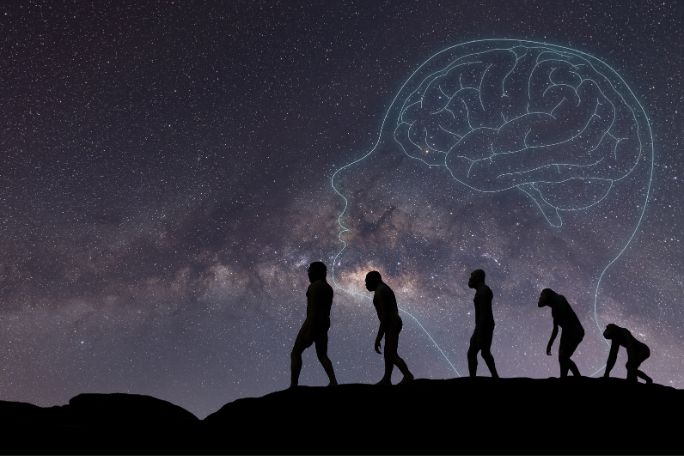
Evolution
- Secondary
- Year 10
- Science
- Biology
- The Arts
- Music
- Environmental
- Biodiversity
- ...
Find out
- Lesson
- Cool+
- ...
Evolution - Darwin versus Wallace
- Secondary
- Year 10
- Science
- Biology
- Environmental
- Biodiversity
- Lesson
- Cool+
- ...
Evolution - Acclimation versus Adaptation
- Secondary
- Year 10
- Science
- Biology
- Environmental
- Biodiversity
- Lesson
- Cool+
- ...
Natural Selection Experiments
- Secondary
- Year 10
- Science
- Biology
- Environmental
- Biodiversity
- Lesson
- Cool+
- ...
Evolution - Speciation
- Secondary
- Year 10
- Science
- Biology
- Environmental
- Biodiversity
- Lesson
- Cool+
- ...
Evolution - Evidence for Evolution
- Secondary
- Year 10
- Science
- Biology
- Environmental
- Biodiversity
- Lesson
- Cool+
- ...
Evolution - How Fossils Support the Theory of Evolution
- Secondary
- Year 10
- Science
- Biology
- The Arts
- Music
- Environmental
- Biodiversity
- Lesson
- Cool+
- ...
Evolution - Taxonomy and Phylogenetic Trees
- Secondary
- Year 10
- Science
- Biology
- Environmental
- Biodiversity
- Lesson
- Cool+
- ...
Evolution - The Origins of Humans
- Secondary
- Year 10
- Science
- Biology
- Environmental
- Biodiversity
- Lesson
- Cool+
- ...
Evolution - Homologous Structures in Humans
- Secondary
- Year 10
- Science
- Biology
- Environmental
- Biodiversity
- Lesson
- Cool+
- ...
Evolution - Human Evolution and Collective Learning
- Secondary
- Year 10
- Science
- Biology
- Environmental
- Biodiversity
- Lesson
- Cool+
- ...
Evolution - Help a Hominin Get onto Facebook
- Secondary
- Year 10
- Science
- Biology
- Environmental
- Biodiversity
- Lesson
- Cool+
- ...
Evolution - The Future of Humanity
- Secondary
- Year 10
- Science
- Biology
- Environmental
- Biodiversity
Take action
- Lesson
- Cool+
- ...
Museum of Human Evolution and Achievements
- Secondary
- Year 10
- Science
- Biology
- Environmental
- Biodiversity
Save
Share this lesson
Copy Link
Copied
Share
Welcome back!
Don't have an account yet?
Log in with:
By signing up to Cool.org you consent and agree to Cool's privacy policy to
store, manage and process your personal information. To read more, please see
our privacy policy here(Opens in new tab).
Create your free Cool.org account.
Many of our resources are free, with an option to upgrade to Cool+ for premium content.
Already have an account?
Sign up with:
By signing up to Cool.org you consent and agree to Cool's privacy policy to
store, manage and process your personal information. To read more, please see
our privacy policy here(Opens in new tab).